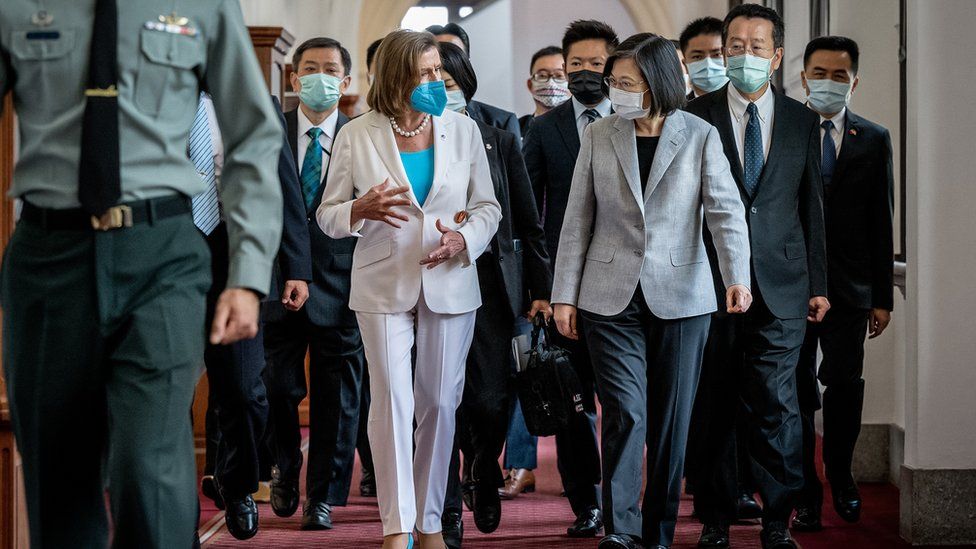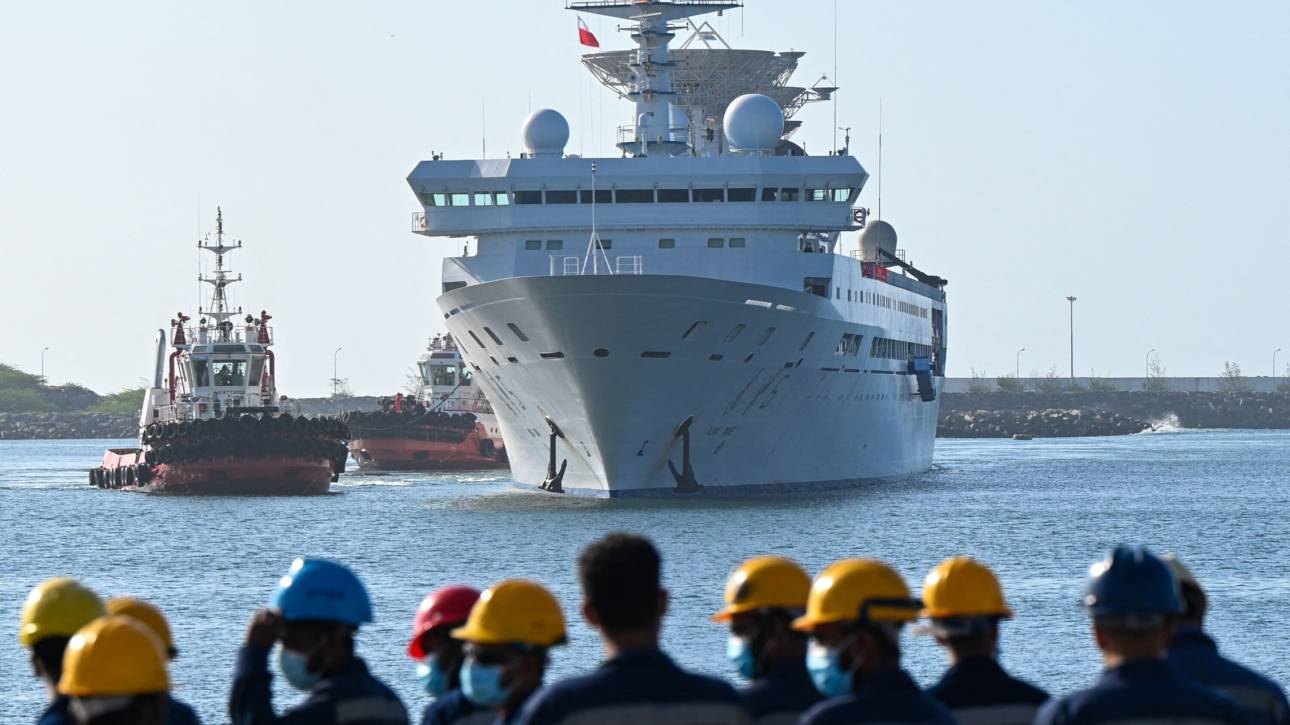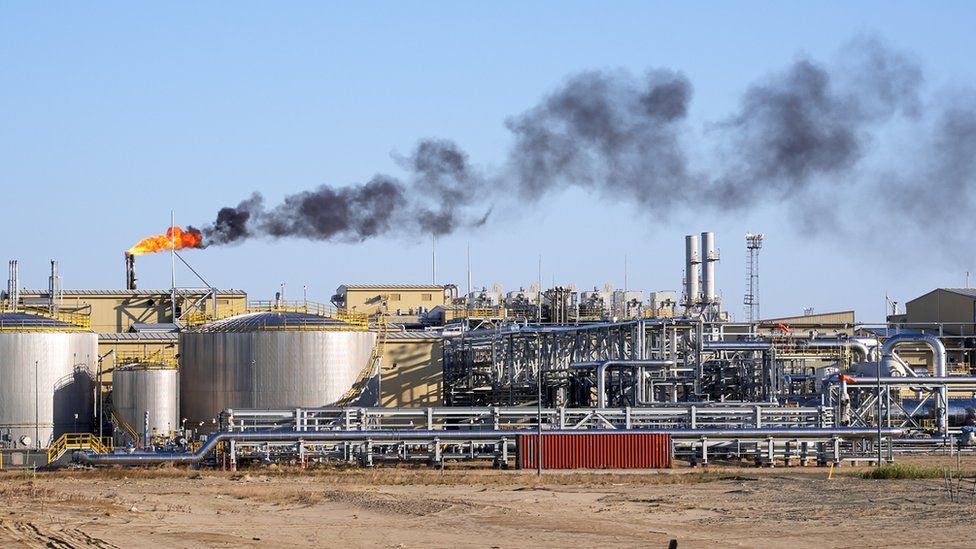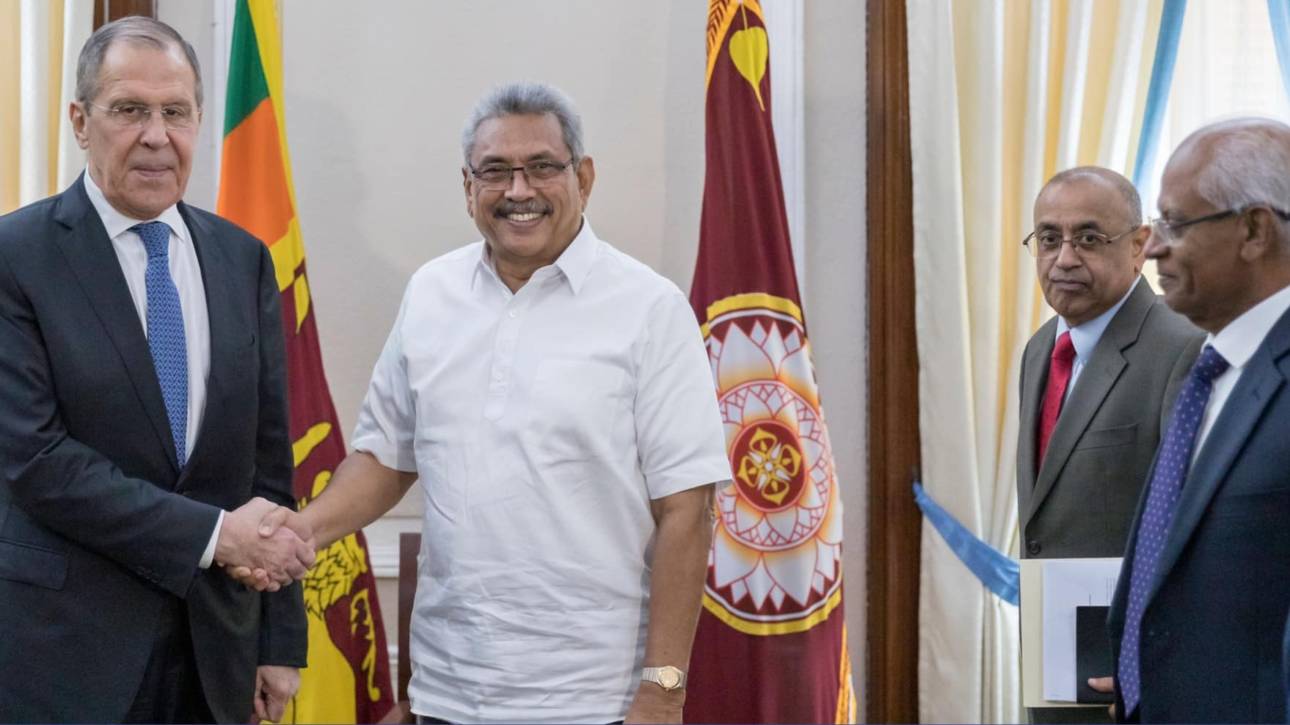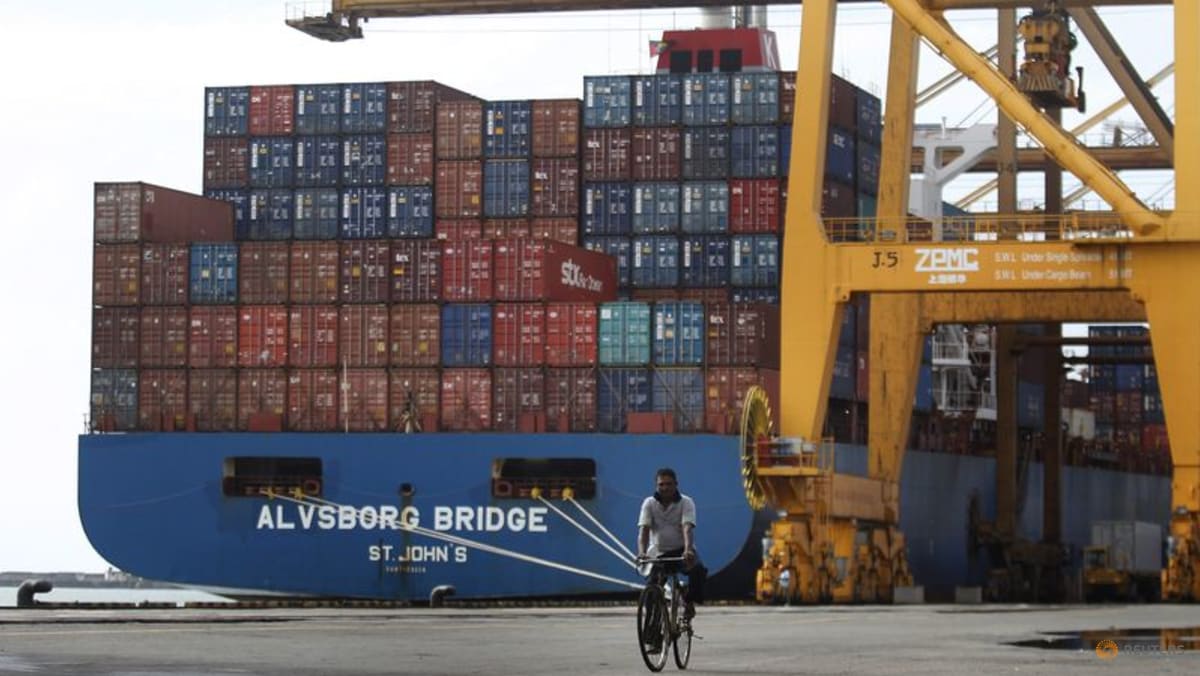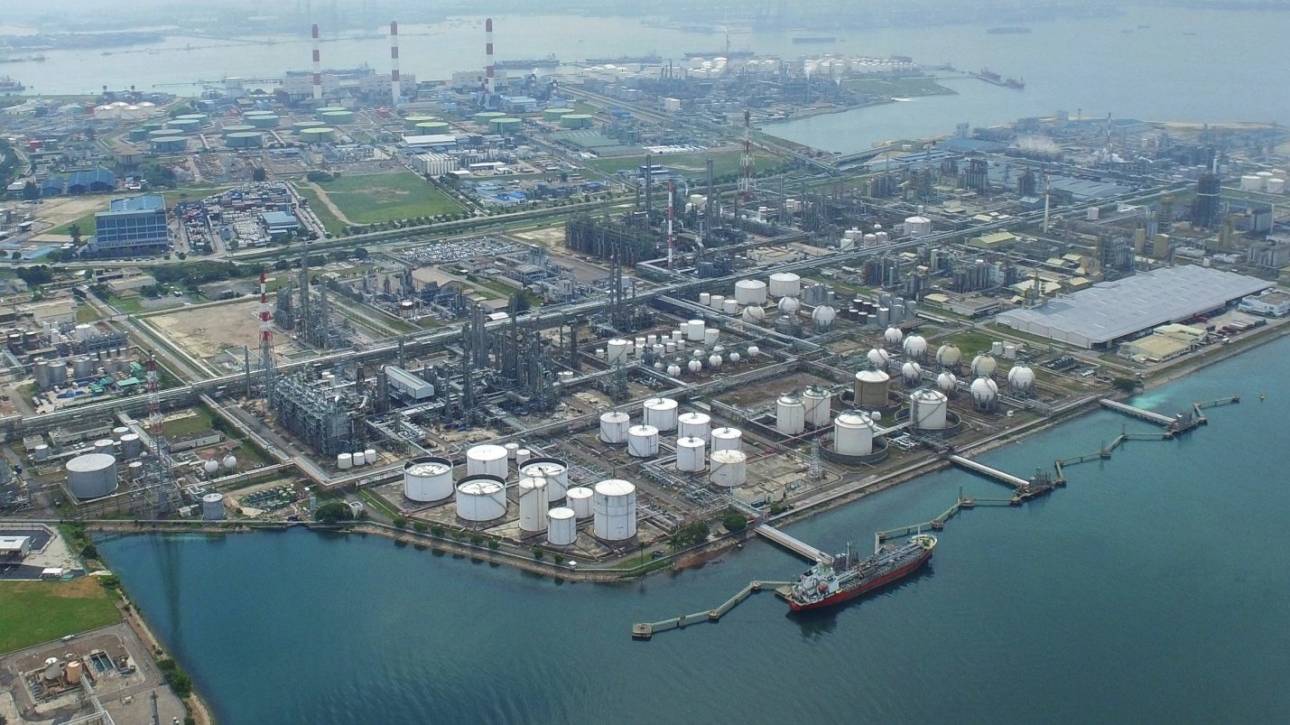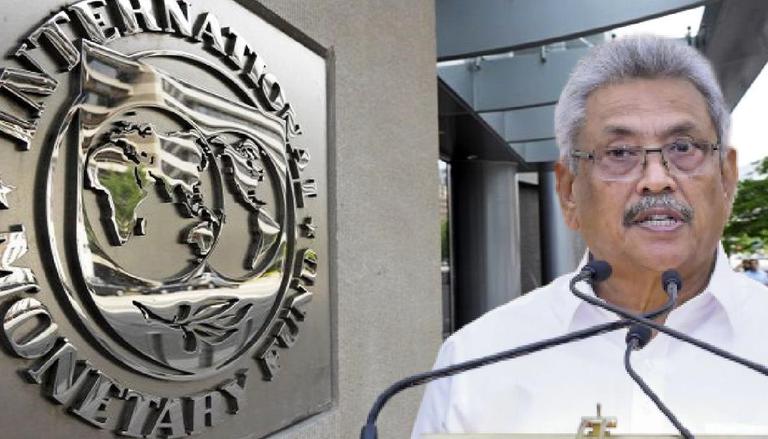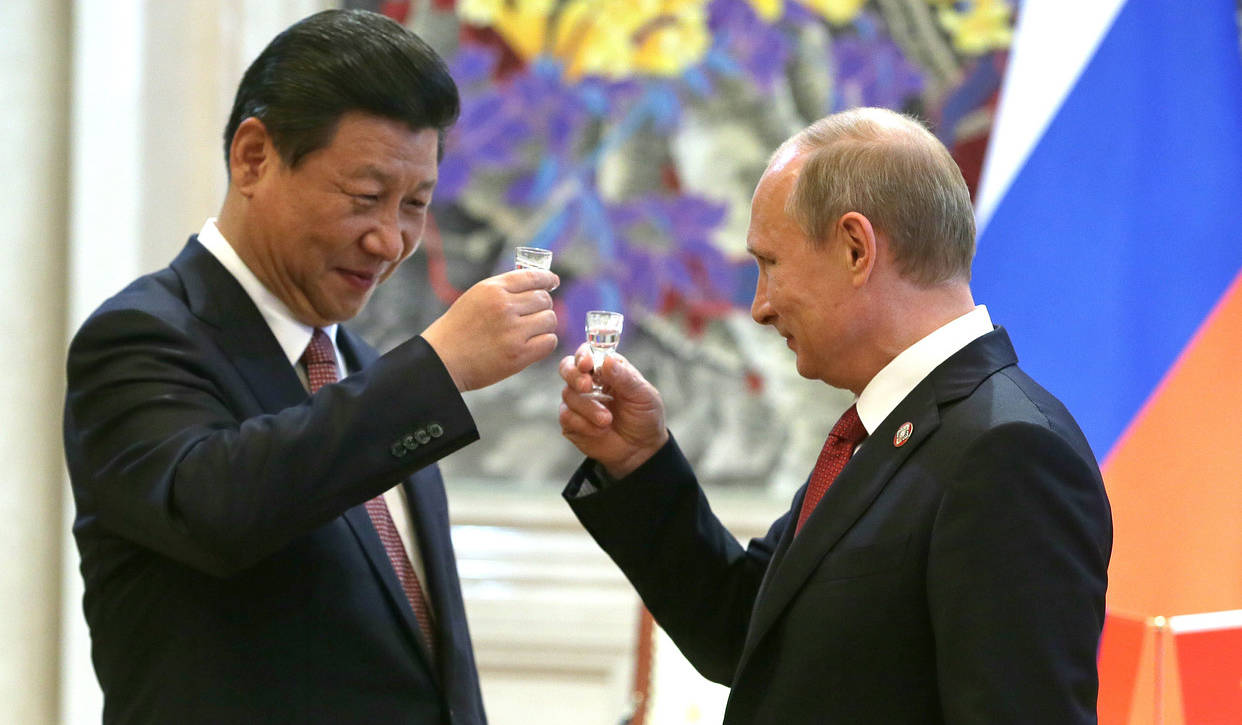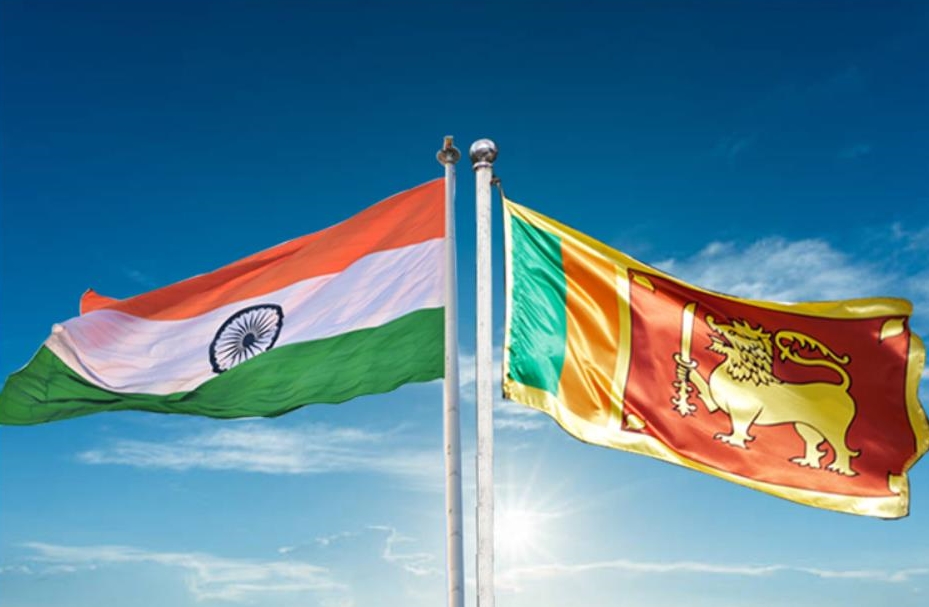By Kusum Wijetilleke
Following the first Sino-Japanese war in 1895, the Qing Dynasty ceded the island of Taiwan, creating Imperial Japan’s first colony. The Japanese had planned to create what it called a “model” colony, to showcase the benefits of “Japanization.” Roads and infrastructure were developed, as well as sanitation systems and a network of…
